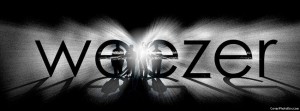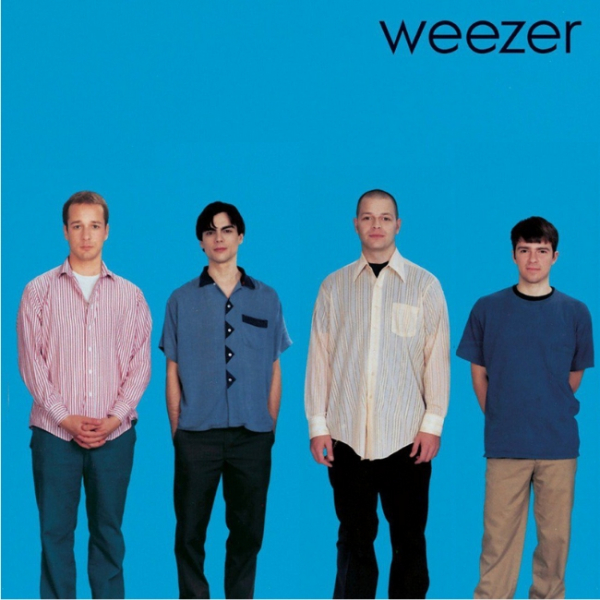NEW YORK TIMES: From 1978 to 1988, Mr. Ocasek (pronounced oh-CASS-eck) and the Cars merged a vision of romance, danger and nocturnal intrigue and the concision of new wave music with the sonic depth and ingenuity of radio-friendly rock. The Cars managed to please both punk-rock fans and a far broader pop audience, reaching into rock history while devising fresh, lush extensions of it.
The Cars grew out of a friendship forged in the late 1960s in Ohio between Mr. Ocasek and Benjamin Orr, who died in 2000. They worked together in multiple bands before moving to Boston and forming the Cars in the late 1970s with Elliot Easton on lead guitar, Greg Hawkes on keyboards and David Robinson on drums. It was the beginning of the punk era, but the Cars made their first albums with Queen’s producer, Roy Thomas Baker, creating songs that were terse and moody but impeccably polished.
Mr. Ocasek’s lead vocals mixed a gawky, yelping deadpan with hints of suppressed emotion, while his songs drew hooks from basic three-chord rockabilly and punk, from surf-rock, from emerging synth-pop, from echoes of the Beatles and glam-rock, and from hints of the 1970s art-rock avant-garde. MORE
RELATED: 10 Essential Albums Ric Ocasek Produced
__________
EXCERPT: The Complete Oral History Of Weezer
JASON CROPPER: [Weezer A&R man] Todd [Sullivan]’s like ‘We need to get a producer, we need to get a big name producer, we need to get a cool producer.’
RIC OCASEK (producer, leader of The Cars): I got their [demo] tapes from Geffen Records when I was out in LA working on another project. I listened to it in the car and just thought it was phenomenal. Having no idea what they looked like, I thought they were a heavy metal band that had really good melodies.
JASON CROPPER: The next thing we know Ric Ocasek walks into our practice space, he sits down he makes himself really small and he’s just so kind and he’s got his little pad and he’s just drawing things.
MATT SHARP: Ric is the icon from all of our youth, he was the voice of 50% of all radio and MTV when we were growing up.
JASON CROPPER: We had prepared a cover of “Just What I Needed,” you know sort of goofing around and honoring him at the same time.
RIC OCASEK: I was only sitting 10 feet away and they had everything turned up to ’12,’ just a wall of frequencies. [chuckles]. It was really great and I immediately wanted to produce the album.
PAT WILSON: I wasn’t even sure what that meant— a producer. From my perspective, it was jazz. Capture our playing and it’s a beautiful record. But it wasn’t like that, he had to tighten that shit out. Tie a lot of bits together. It would have sounded like Pinkerton if we hadn’t practiced it. Everything would always sound like Pinkerton unless we had Ric Ocasek.
RIC OCASEK: I talked them into coming to New York and recording at Electric Lady. I thought it would be inspiring. I liked the demo so much, I was basically trying to get the same sound as the demo. Warm, without a lot of clarity but a lot of power.
PAT WILSON: Ric insisted that “Buddy Holly” was on the record, and Rivers didn’t want that. MORE

